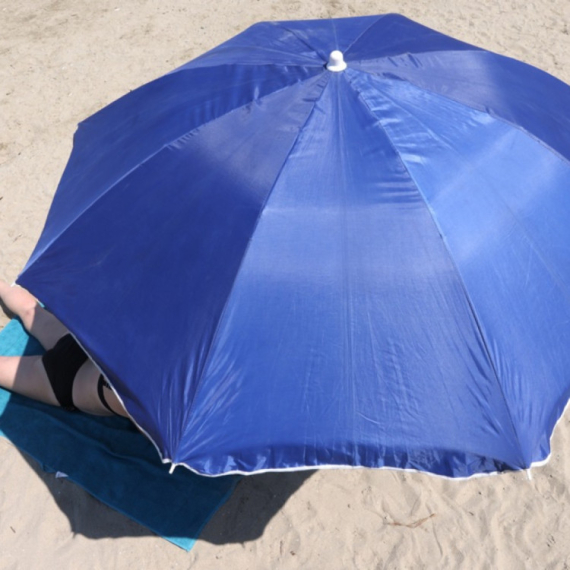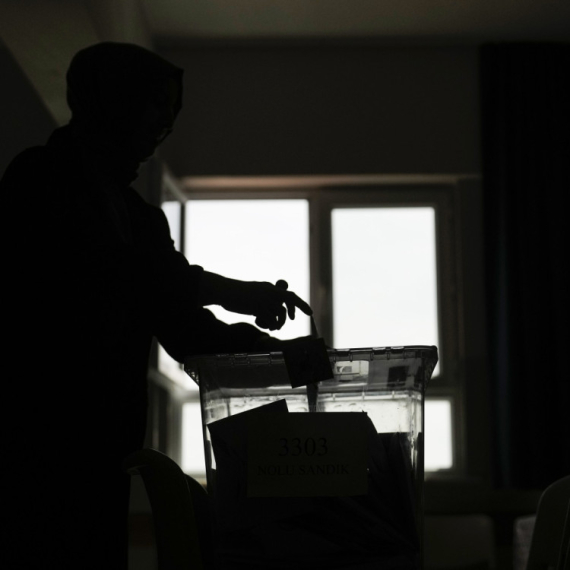Drop in value of domestic currency "not dramatic"
The drop of the Serbian dinar (RSD) to its record low against the euro this year "is not dramatic," economists told Tanjug on Monday.
Tuesday, 08.07.2014.
10:32

Drop in value of domestic currency "not dramatic"
On Monday, dinar dropped against the euro by 0.1 percent or 15 paras despite the central bank's intervention on the foreign currency market, thus the Serbian national currency recorded a historic low with medium exchange rate at RSD 116.1844, the National Bank of Serbia (NBS) released.The Serbian currency has on the drop for the fourth day in a row and on Monday, NBS sold EUR 20 million on the inter-bank foreign currency market to prevent excessive daily volatility of the exchange rate.
Since the beginning of the year, NBS bought EUR 190 million and sold EUR 840 million on the foreign currency market.
The dinar is lower against the euro by 0.5 percent compared to the previous month and by 1.7 lower than a year ago.
The indicative exchange rate of the dinar against the U.S. dollar dropped by 0.3 percent and the exchange rate was thus set at RSD 85.4989.
Former NBS governor Dejan Šoškić said that mild exchange rate corrections are completely normal in the monetary regime which Serbia has been implementing since 2008.
“The upwards or downwards oscillations of the exchange rate in the regime of target inflation are normal,” he told Tanjug.
Šoškić, a professor at the Faculty of Economics in Belgrade, voiced the belief that NBS should limit its role to the prevention of excessive oscillations in the exchange rate.
Economist Ljubodrag Savić stated that the current dinar value is the consequence of the country's declining economy and substantial NBS interventions in the first three months of the year.
The drop of dinar is favourable for exporters, but on the other hand it is unfavorable for most citizens with dinar-denominated pensions and salaries and for those who took out loans with a foreign currency clause, said Savic, who also works as a professor at the Faculty of Economics in Belgrade.
Economist of the Belgrade Institute of European Studies Goran Nikolić also said that the dynamics of the dinar drop since the beginning of the year does not constitute a reason for concern and that the current exchange rate can contribute to the strengthening of competitiveness of Serbian economy and the budget.
Nikolic said that with the current low inflation rate, there is room for the dinar to drop down to 5 percent by the end of the year without any major consequences for the macroeconomic stability.
“The government planned GDP growth at 1.5 percent for 2014 and higher inflation rate than the current figure, and the budget was drafted on these grounds,” Nikolić told Tanjug.
























































Komentari 1
Pogledaj komentare